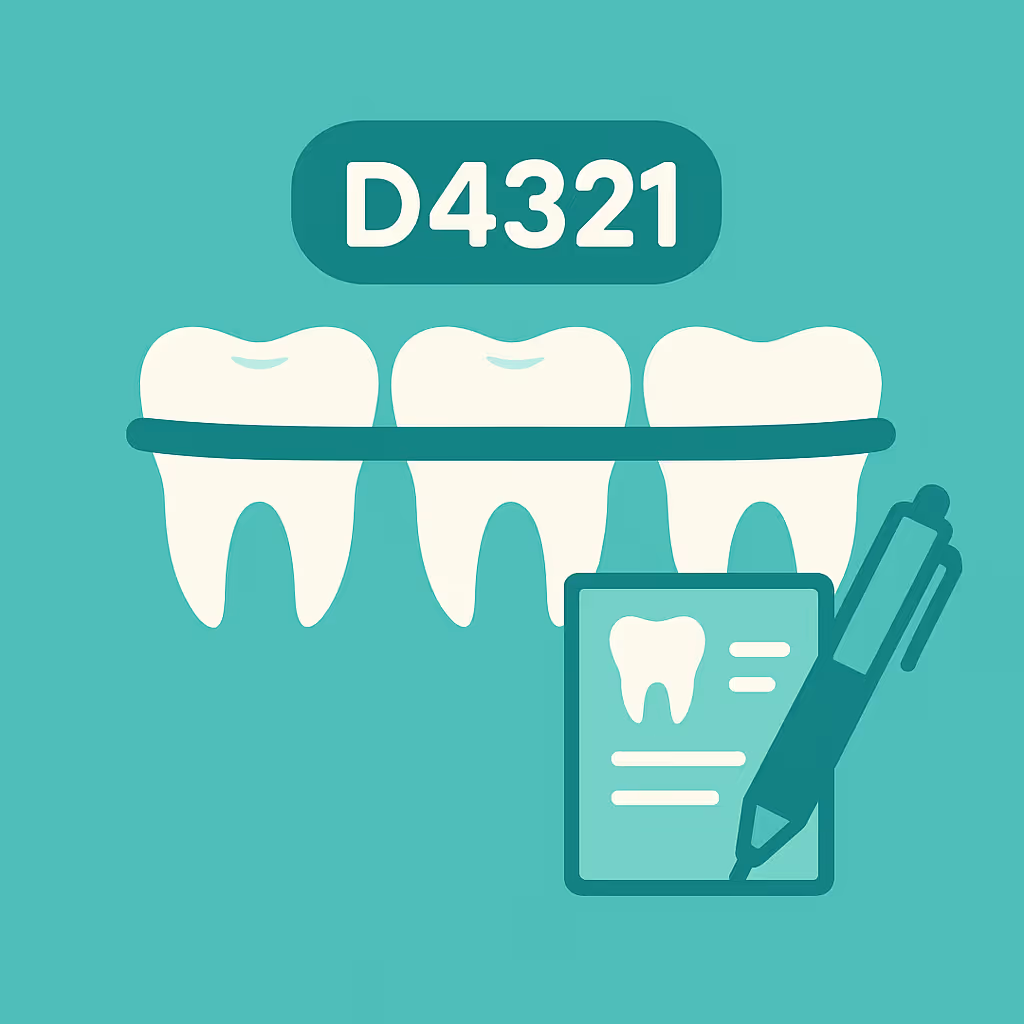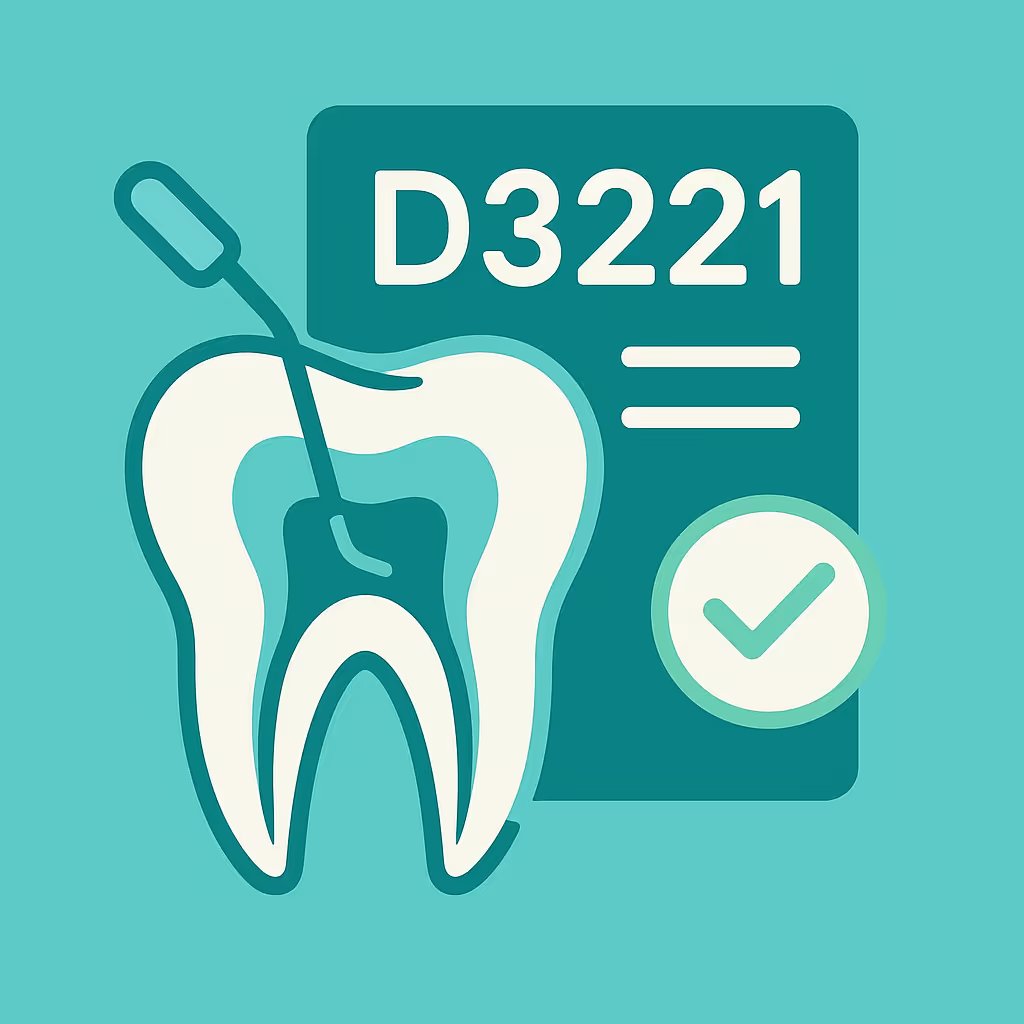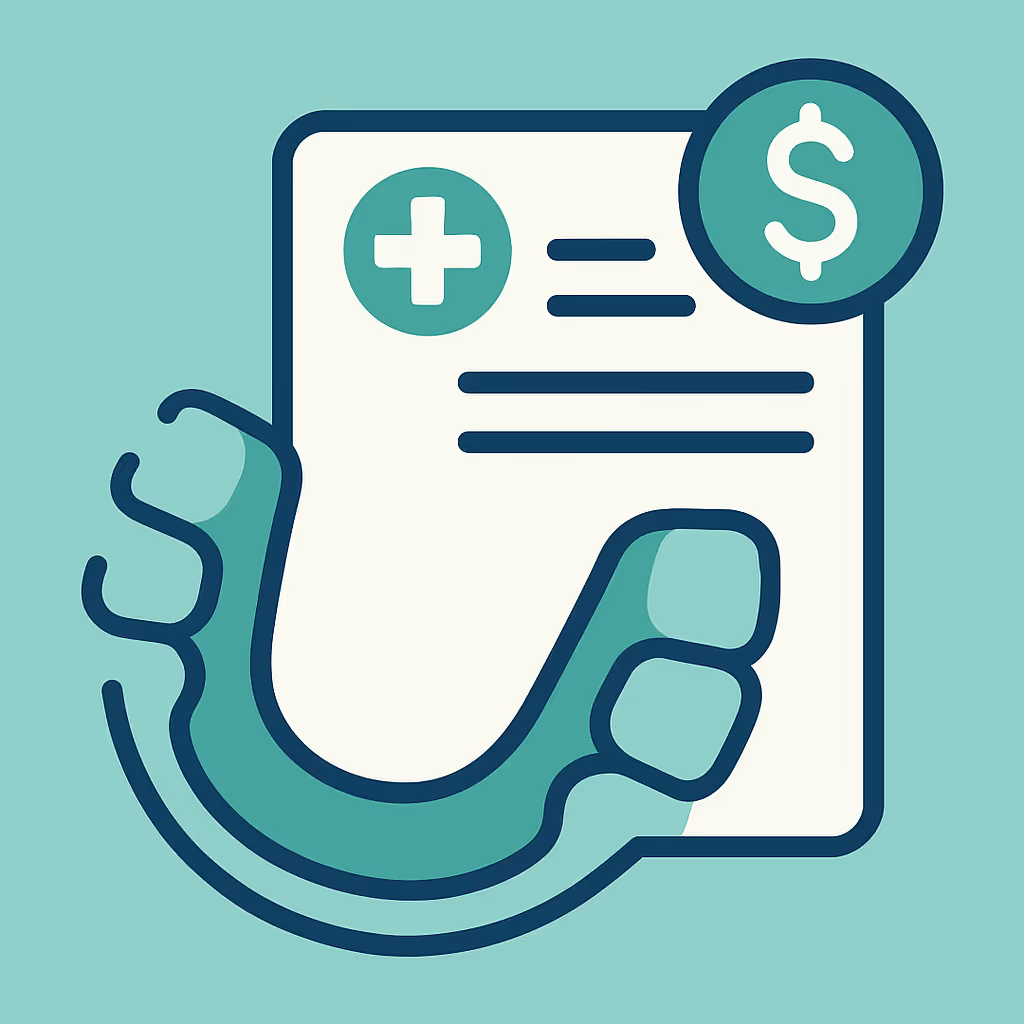Exploring Dental Billing Companies and Outsourced Services
What Do Dental Billing Companies Offer?
Dental billing services companies specialize in managing the complex financial and administrative tasks associated with dental practice revenue cycle management (RCM). Their core offerings typically include:
- Insurance Verification: Confirming patient eligibility and benefits before appointments, reducing claim denials and surprises at the time of service.
- Claim Submission: Preparing and submitting accurate claims with correct CDT codes, ensuring all necessary documentation is attached for prompt processing.
- Payment Posting: Recording payments from insurance companies and patients, reconciling Explanation of Benefits (EOBs), and identifying discrepancies.
- Accounts Receivable (AR) Management: Monitoring unpaid claims, following up with insurers, and sending patient statements to maintain healthy cash flow.
- Claim Appeals: Managing denied or underpaid claims by gathering supporting documentation, drafting appeal letters, and resubmitting claims for reconsideration.
- Patient Billing and Communication: Generating clear patient statements, answering billing questions, and setting up payment plans as needed.
Many dental billing companies also offer consulting on best practices, compliance with HIPAA and insurance regulations, and customized reporting to help practices track financial performance.
Benefits and Drawbacks of Outsourcing Billing
Outsourcing dental billing can transform a practice’s financial health, but it’s important to weigh both the advantages and potential challenges:
- Benefits:
- Expertise and Accuracy: Outsourced teams are trained in the latest CDT codes, payer policies, and claim submission requirements, reducing errors and denials.
- Time Savings: Free up in-house staff to focus on patient care and front office operations rather than paperwork and phone calls.
- Improved Cash Flow: Proactive AR management and timely claim follow-up can shorten the revenue cycle and increase collections.
- Scalability: As your practice grows, outsourced billing companies can handle increased volume without the need for additional hires.
- Compliance: Professional billing services stay current with HIPAA and insurance regulations, reducing compliance risks.
- Drawbacks:
- Loss of Direct Control: Outsourcing means entrusting sensitive financial processes to a third party, which may feel less transparent.
- Communication Delays: There may be a learning curve or delays in resolving complex cases if the billing company is not tightly integrated with your team.
- Cost: While often cost-effective, outsourcing is not always cheaper than in-house billing, especially for smaller practices with low claim volume.
- Data Security: Sharing patient and financial data requires strict adherence to security protocols and HIPAA compliance.
Ultimately, the decision hinges on your practice’s size, staffing, and appetite for managing billing complexities in-house.
Cost Comparison: In-house vs Outsourced Billing
Cost is a critical factor in the decision to outsource dental billing. Here’s how the two models typically compare:
- In-House Billing:
- Requires hiring, training, and retaining skilled billing staff.
- Ongoing costs include salaries, benefits, software licenses, and continuing education.
- Practices bear the risk of staff turnover and knowledge gaps.
- Outsourced Billing:
- Most companies charge a percentage of collections (typically 4-10%), or a flat monthly fee based on claim volume.
- Eliminates costs associated with hiring and training billing staff.
- May include additional fees for services like insurance verification or claim appeals.
For many practices, outsourcing is cost-neutral or even cost-saving when factoring in increased collections, fewer denied claims, and reduced administrative overhead. However, smaller practices with low claim volume may find in-house billing more economical if they have experienced staff.
Making the Decision: Is Outsourcing Right for Your Practice?
To determine if outsourcing dental billing is the right move, consider the following best practices:
- Assess Your Current Workflow: Review your AR aging report, claim denial rates, and staff workload. Are you consistently meeting industry benchmarks for days in AR and collection percentages?
- Calculate True Costs: Tally all in-house billing expenses, including hidden costs like staff turnover, training, and software upgrades.
- Identify Pain Points: Are claim denials, delayed payments, or compliance issues impacting your bottom line? Is your team spending too much time on billing instead of patient care?
- Vet Potential Partners: Interview dental billing companies, request references, and clarify their processes for insurance verification, claim appeals, and reporting. Ensure they are familiar with your practice management software and specialty-specific billing needs.
- Plan for Transition: If you decide to outsource, work with your chosen provider to develop a clear onboarding plan, including data transfer, workflow integration, and communication protocols. Set measurable goals and review performance regularly.
Outsourcing dental billing can be a strategic investment in your practice’s financial health, freeing your team to focus on delivering exceptional patient care. By carefully evaluating your options and partnering with a reputable provider, you can streamline your revenue cycle, reduce stress, and position your practice for long-term success.





